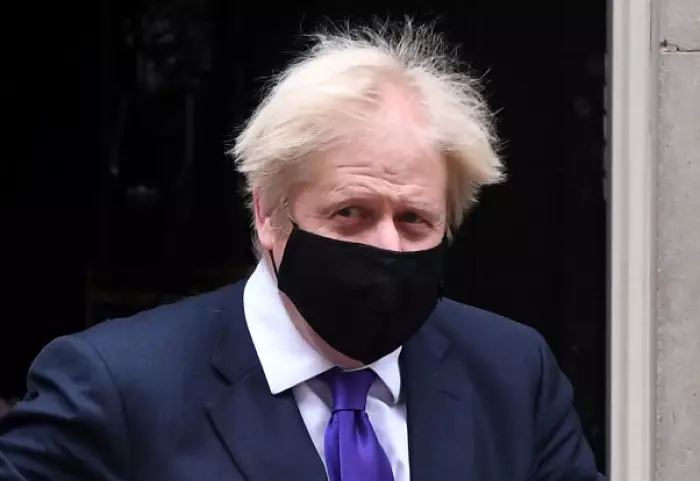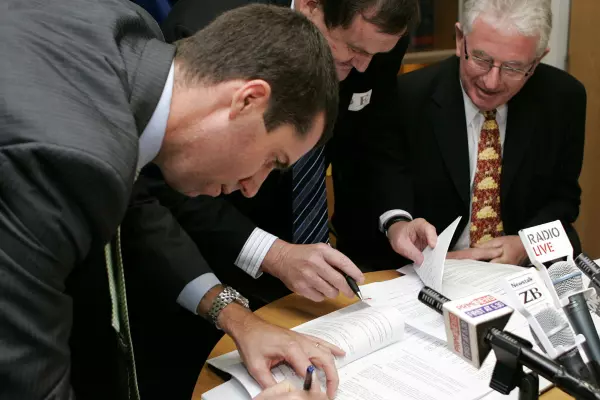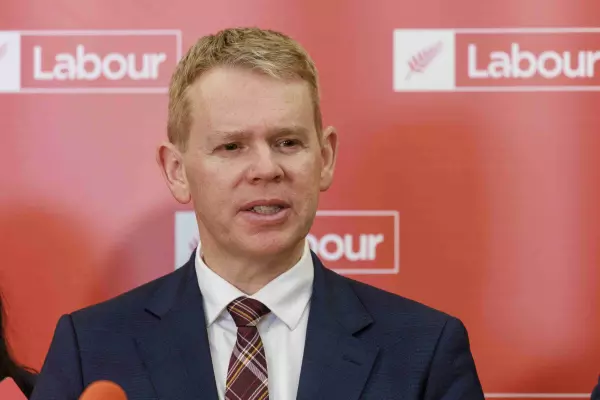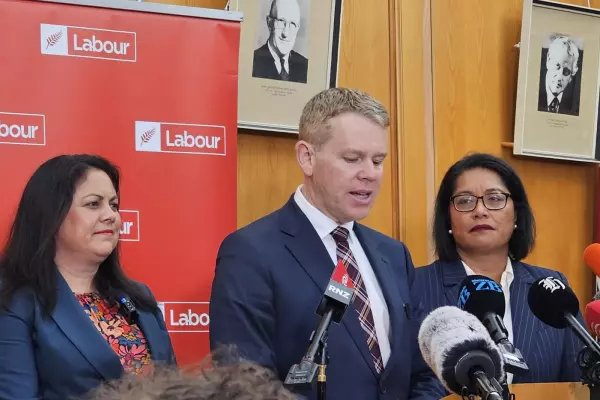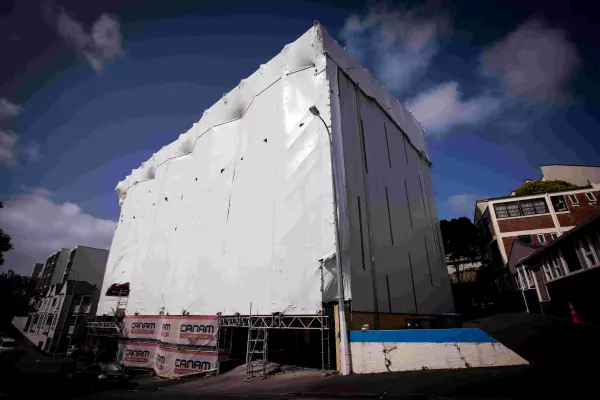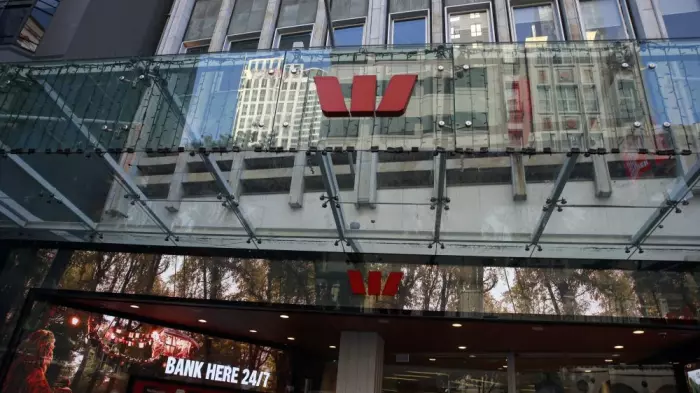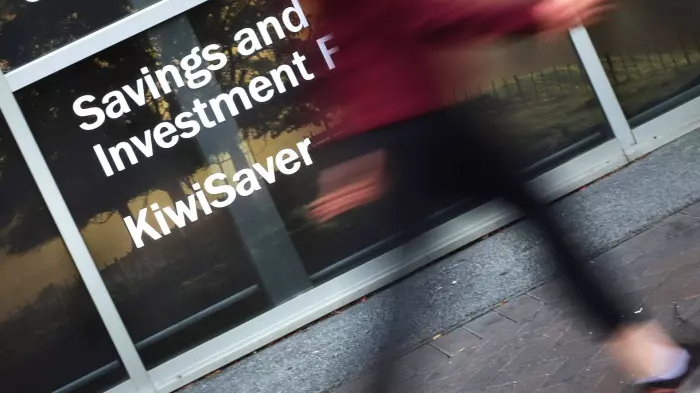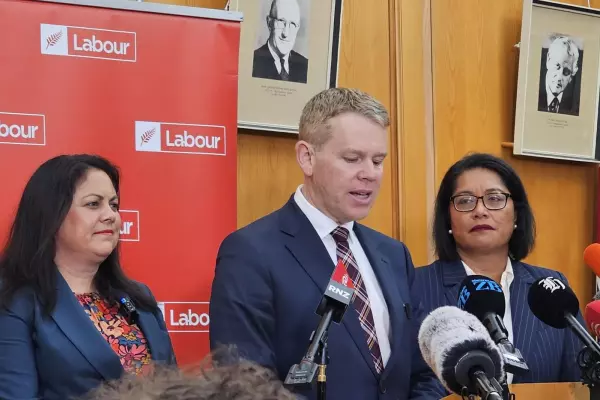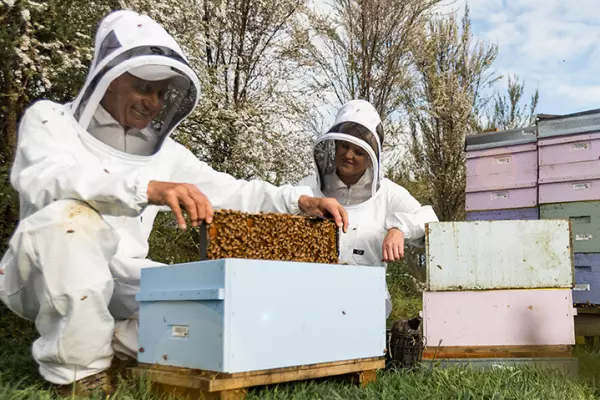UK Prime Minister Boris Johnson engaged in yet another epic conceit last week in his country’s botched response to covid-19.
Announcing that 2.5 million people would soon receive the first vaccinations against the virus, he declared life would be “back to normal” by the spring, which for Britons, is about April next year.
Well, the population of the UK is about 67 million people and until every one of them – anti-vaxxers excepted – has been vaccinated, Britain will not able to go back to normal.
That is going to be more like this time next year – as it will be in almost every country in the world, including New Zealand.
That’s right – there is still at least a year to go with this virus. Until then, the old normal will not return, if it ever does, given the ways that covid is changing globalised society.
The delay relates simply to how long it will take to manufacture, distribute and then administer vaccines to the global population.
Until that is done, the virus can still be carried and transmitted by anyone, including the inoculated, so precautions and restrictions will remain facts of daily life.
This, presumably, is what Covid-19 Response Minister Chris Hipkins, was referring to when he told journalists there could be 12-to-18 months before we are fully past the pandemic – touch wood, and if everything goes according to plan.
Stumbles on the way could include a new strain of the virus emerging that the vaccines don’t work against, discovery some or all vaccines are less effective than anticipated, or the emergence of public safety concerns over any of them.
So, unless Johnson has a credible plan to vaccinate the entire population of Britain in the next six months, he can say no more than the long, slow process of hauling out of the covid pandemic has taken a mighty step forward.
How do we know Johnson almost certainly doesn’t have either a plan or the capacity to deliver vaccines to 67 million Britons in double-quick time?
Because that was the very clear message delivered at a Five Eyes conference call in the last few days.
Six-day quarantine?
Until then, the best we can hope for is that containment and elimination strategies continue to work ever more effectively and tracking and tracing gets better and better, as it has been.
If that can be achieved, then today’s 14 days in managed isolation could dramatically reduce for people travelling between relatively covid-free countries.
Hipkins’s timeframe initially alarmed the likes of Air New Zealand, which is desperate to resume international passenger flights and is banking on trans-Tasman, Pacific, and perhaps some Asian routes becoming easier to fly as 2021 progresses.
That optimism is justified, but only a very gradual basis. The picture emerging is of global travel that wakes slowly from covid-induced slumber. Even when routes reopen, people’s willingness to fly them, firms’ willingness to risk employees going offshore, and a whole new way of working without flying will add uncertainty to the mix.
In the meantime, serious work is under way now to reduce managed isolation to as little as six days for arrivals from countries where covid is under control and, perhaps, for New Zealanders who’ve had a negative covid test before boarding a flight from anywhere.
What this would do is immediately free up an exponential number of hotel rooms currently committed for 14-day stays by reducing those stays to six days.
This would very swiftly allow several thousand more people to enter the country under managed isolation than is happening now.
In other words, families facing bereavements, companies needing skilled workers, perhaps even a trickle of high-value international students, could be entering the country in larger numbers by quite early next year simply because there will be far more managed isolation beds available.
Leveraging the opportunity
Set against this will be the government’s absolute determination not to lose NZ’s covid-free reputation and status.
That status is most importantly a public good for New Zealanders. Daily life in countries like Britain, where covid is raging, is unimaginably difficult compared to the lives we are leading here.
Secondly, that status is a political totem. If the government were, at this stage, to be seen squandering or even risking elimination status, there would be a huge political price to pay.
Having won a 10-seat majority on the basis mainly of its covid response, this government will be slower than most to be willing to relax.
Meanwhile, however, other countries will start experimenting with what’s possible. Australia, for example, will probably start letting international students back to its universities next year in numbers because it will allow their isolation to be managed by private contractors.
That will not happen here.
The question exercising many minds both in the bureaucracy and private sector now is how to be smart about leveraging the opportunity NZ has in the year before the whole world can boast elimination by virtue of vaccines.
That will require wit, energy and imagination to build a story based on several unique factors that have combined at one time to play in NZ’s favour.
Chief among them are:
- the sudden advantage that NZ’s isolation conveys to a world now rocked by the implications of globalised pandemics. We are seen geographically to be far from harm;
- the fact that the virus has been eliminated within our borders. We are seen from a health perspective as being far from harm;
- a globally feted Prime Minister. We are seen around the globe by progressives and liberals as a beacon of capable, stable, democratic success and tolerance, where the virus has been given no quarter. NZ is seen as a place of hope.
Add in all the existing story of the NZ ‘brand’, which is still of a clean, beautiful, First World country where the rule of law works and children can run free, no matter the flaws we can see up-close on the ground.
Then throw in billions of dollars of infrastructure upgrades that cheap money will fund and the story becomes one of renewal, opportunity and high employment.
The ingredients of a powerful offering are available from the train-wreck of covid-19.
But the opportunity will not last forever.
After an exhausting year of combating a crisis, an exhausting year of creative thinking lies ahead, if we can muster the energy for it.


